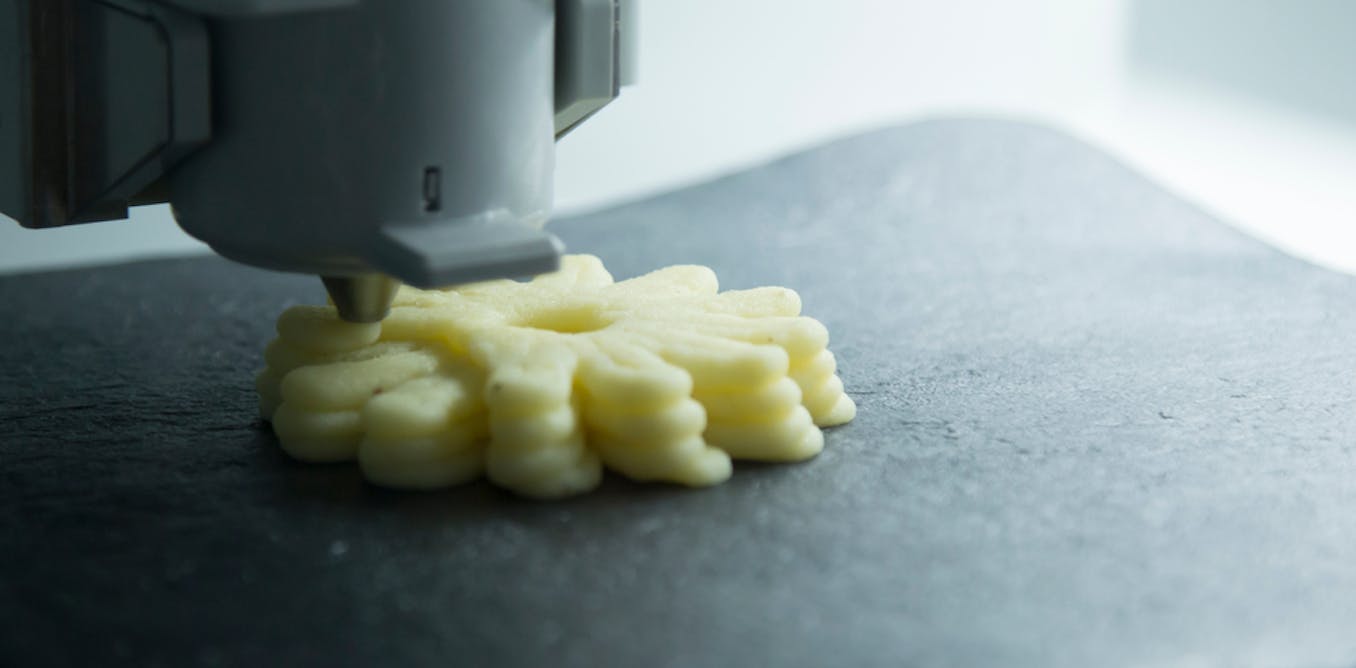Elon Musk's Enterprises Thrive Amid Transition from Government Role

Elon Musk shared a light moment with US President Donald Trump during a press event in the Oval Office of the White House in Washington, DC, on May 30, 2025. This interaction, captured by Allison Robbert of AFP for Getty Images, came during a pivotal time in Musk's career, as he transitioned away from his role in the U.S. government's Department of Government Efficiency (DOGE).
In the week following his departure from DOGE, Musk has observed a notable surge in the activities of his various companies. Notably, Neuralink, a brain technology startup co-founded by Musk, announced a significant funding round totaling $650 million, which is indicative of growing investor confidence in the innovative field of neurotechnology. Additionally, Tesla, the electric vehicle manufacturer that has become synonymous with sustainable transportation, reported an impressive 213% year-on-year increase in sales in Norway for the month of May. While the connection between Musk's exit from DOGE and these positive developments is not explicitly established, it highlights a broader pattern: investors and consumers alike continue to rally behind Musk's ventures.
It is essential to note that while such developments are promising, the link between Musk's absence from the government sector and the performance of his companies is somewhat tenuous. The funding round for Neuralink and the impressive sales figures for Tesla were likely in motion long before Musk's departure from his government role. Therefore, it is plausible that these successes would have occurred regardless of Musk’s direct involvement during that period.
Nonetheless, these events serve as a reminder of why Musk has garnered a devoted following of supporters. His companies are not only innovative but also fundamentally successful. However, just as Tesla has yet to fully realize its ambitious promises regarding self-driving capabilities, it is clear that Musk's enterprises still require dedicated leadership to navigate the complexities of their respective industries.
Meanwhile, in the world of food and agriculture, a significant shift is occurring in China. American agricultural products are gradually disappearing from local stores and restaurants, losing market share to imports from other countries. A restaurant owner in Beijing, Geng Xiaoyun, revealed that he used to proudly serve a unique dish of salt-baked chicken feet, colloquially known as 'phoenix talons,' made with American chicken. He lamented, “American chicken feet are so beautiful. They’re spongy so they taste great. Chinese [chicken] feet just aren’t as good.” However, the rising prices—up by 30% since March due to tariffs—forced him to remove the dish from his menu, highlighting the impact of international trade policies on local cuisine.
























